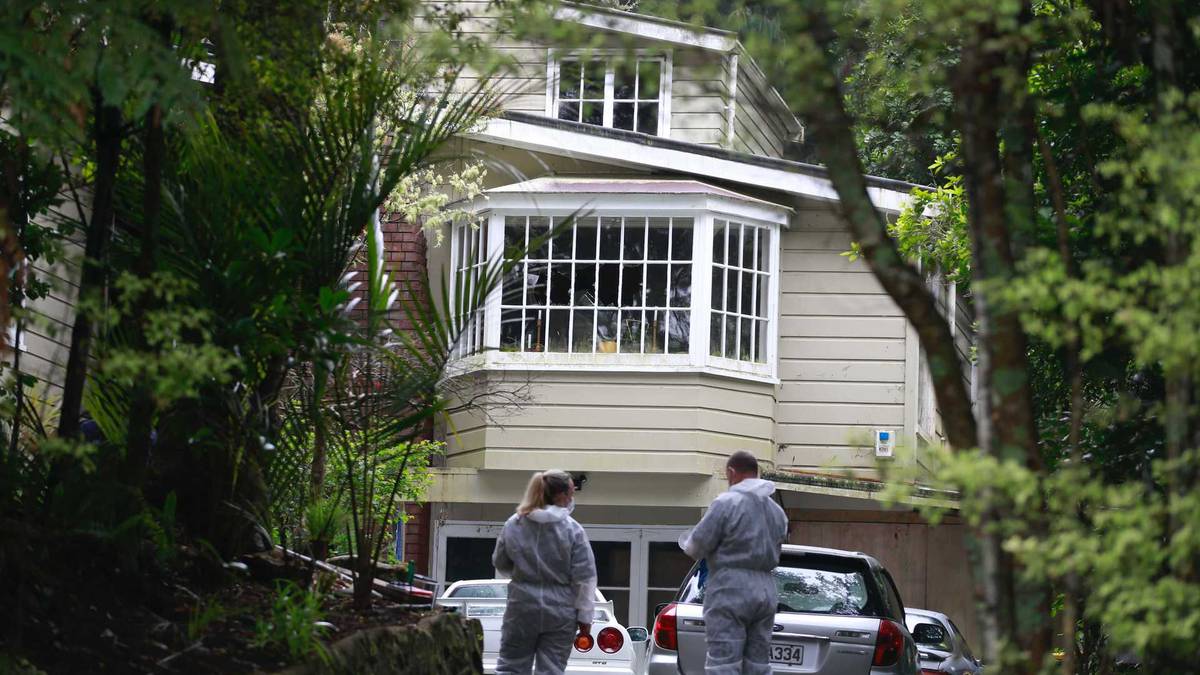Parenting blogger and former Bachelor contestant Bekah Martinez takes most Sundays off of Instagram to spend time at her California home with her husband and two children. When Monday arrives, though, she’s ready to start the week. “Usually we have our nanny Mondays, Tuesdays, and Wednesdays so that I can tackle email, work on content for brands, sharing my day with followers and all of that because that can really boost engagement,” she says. But this week was different. “I’m usually ready to go at 9 a.m. and right at 9 I was like OK, this is interesting. The app is not refreshing. I can’t post anything, I can’t share anything.”
Across the country on the campus of Columbia University in New York, activist and influencer Deja Foxx was also encountering issues when she went to post a snippet of a speaking event she’d participated in with reproductive justice advocate Loretta Ross. “I was like, oh, my Instagram must be down,” she says. But it wasn’t just her.
Related Stories
How a Pro-BLM, Rainbow Flag-Waving TikToker Became a Conspiracy Theory Super-Spreader
AOC Pounces on Facebook Blackout: 'Break Them Up'
Related Stories
Elvis Presley: His 10 Best Country Songs
The 80 Greatest Dylan Covers of All Time
On Monday, Facebook and two of the company’s apps, Instagram and WhatsApp, were inaccessible to billions of users for roughly six hours. Some celebrated a temporary reprieve from our collective social media addiction, but many people lost access to important communication and business platforms. For Instagram influencers who make their income off the platform, it shook their confidence in the app that supports — and controls — their livelihoods.
Typically, Martinez posts three to six stories per day for her 745,000 followers, and posts on her feed every few days, often sharing sponsored content from partnerships with brands from Home Chef meal kits and Brooklinen bedding to Bellesa sex toys and Fur You body hair grooming supplies. While an influencer’s posts can seem spontaneous and organic, that is all by careful design. Martinez and her management team share a complex branded content calendar to keep track of what ads need to be posted when in order to coordinate her own plans for posts with her sponsors’ advertising schedule. “I want to make sure that I’m not over-saturating my page with branded content,” she says. “And also a lot of brands have in their contracts that you can’t have other sponsored content within 24 hours of your story…so all that can get really tricky.”
On Monday, she had plans to introduce followers to new projects she was working on that would tie in to scheduled sponsored posts later in the week. That had to be put on hold. And because the duration of the outage was so uncertain, Martinez found little relaxation in the unexpected downtime. “For someone with an office job, it’s like if your email was down, right?” she says. “You’re sort of like, well, this would be relaxing, but I have stuff I have to do and I don’t know when my email is going to be back up. So I’m constantly checking….I found that feeling of being in limbo very not restful and not relaxing.”
For Foxx, who has a following of roughly 50,000 users and posts about as often as Martinez, her thoughts went immediately to her livelihood. Brand partnerships like recent spots with Tom’s shoes, Always feminine products, and Adobe are her primary source of income. “I was brought down to Earth about how unstable these kinds of things can be,” she says. It reminded her of the time in 2020 when President Trump threatened to ban TikTok for U.S. users. She was in the middle of creating TikTok campaigns for a get-out-the-vote gig. “When I started to see those headlines, I felt shaken,” she says. “I had built a kind of career on this.”
To Foxx, the outage illuminated issues of labor rights for influencers who make their living on social platforms. “What kind of rights do creators have and what kind of protections do we have?” she says. “And especially with so many of us being young people, people of color, women, as we usher in this new digital economy, what connections are there for us?”
According to Veena Dubal, an employment law professor at the University of California’s Hastings College of Law, yesterday’s outage underscored how dependent influencers are on platforms owned by the same big company and how little recourse they have against them. “It speaks to the reality that they are not entrepreneurs or small businesspeople in the same way that a plumber might be a small businessperson or even a musician who does gigs is is sort of an independent businessperson,” she says. Furthermore, she adds, social platforms often change their algorithms and monetization rules, leaving creators struggling to keep up, with no rights to demand fair treatment or transparency. “These people are entirely reliant on the infrastructure of these platform companies and are subordinated to the platform companies in that sense.” Dubal says the only way forward for creators is collective contracts, like unions, or regulation through legislation.
Brand partnerships are also currently Martinez’ main source of income, although she has other streams she’s cultivating: she co-hosts a podcast called Chatty Broads and is developing a clothing line. The outage solidified her feeling that you need to stay nimble to earn a living on social media. “You have to be very flexible in something that’s ever changing and something that could one day be gone forever,” she says. “It could be as simple as your page getting hacked, and I think that you always have to keep in mind that it’s not eternal.”
At the same time, she adds, that could go for any career. “I don’t know anyone who feels like they know for sure they’re going to have a job for the next 10 or 20 years, especially with Covid happening. [There’s a] heightened sense that everything can be temporary in any kind of career,” she says. Her advice: “Keep a positive outlook and have a backup plan for everything.”
Source: Read Full Article



